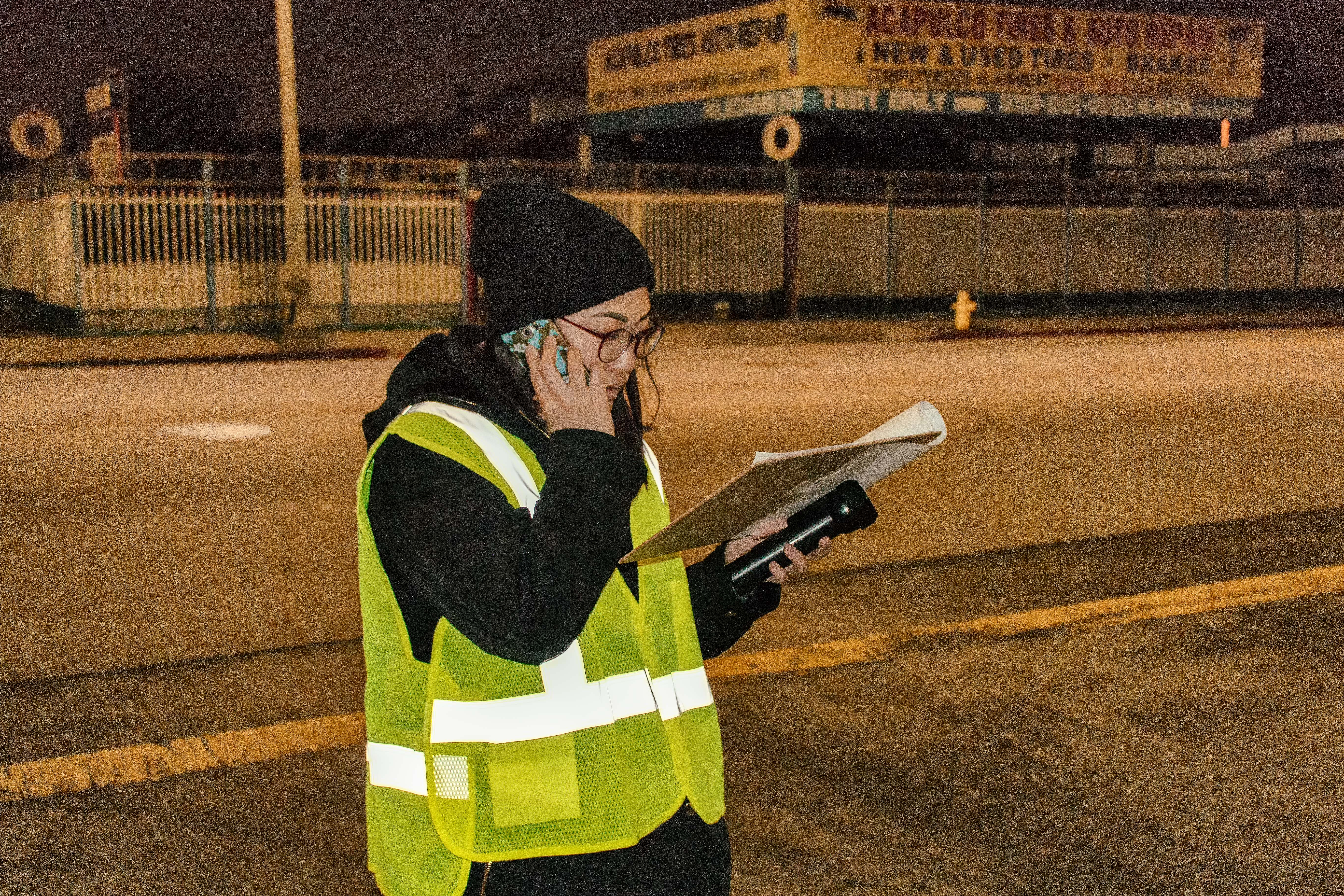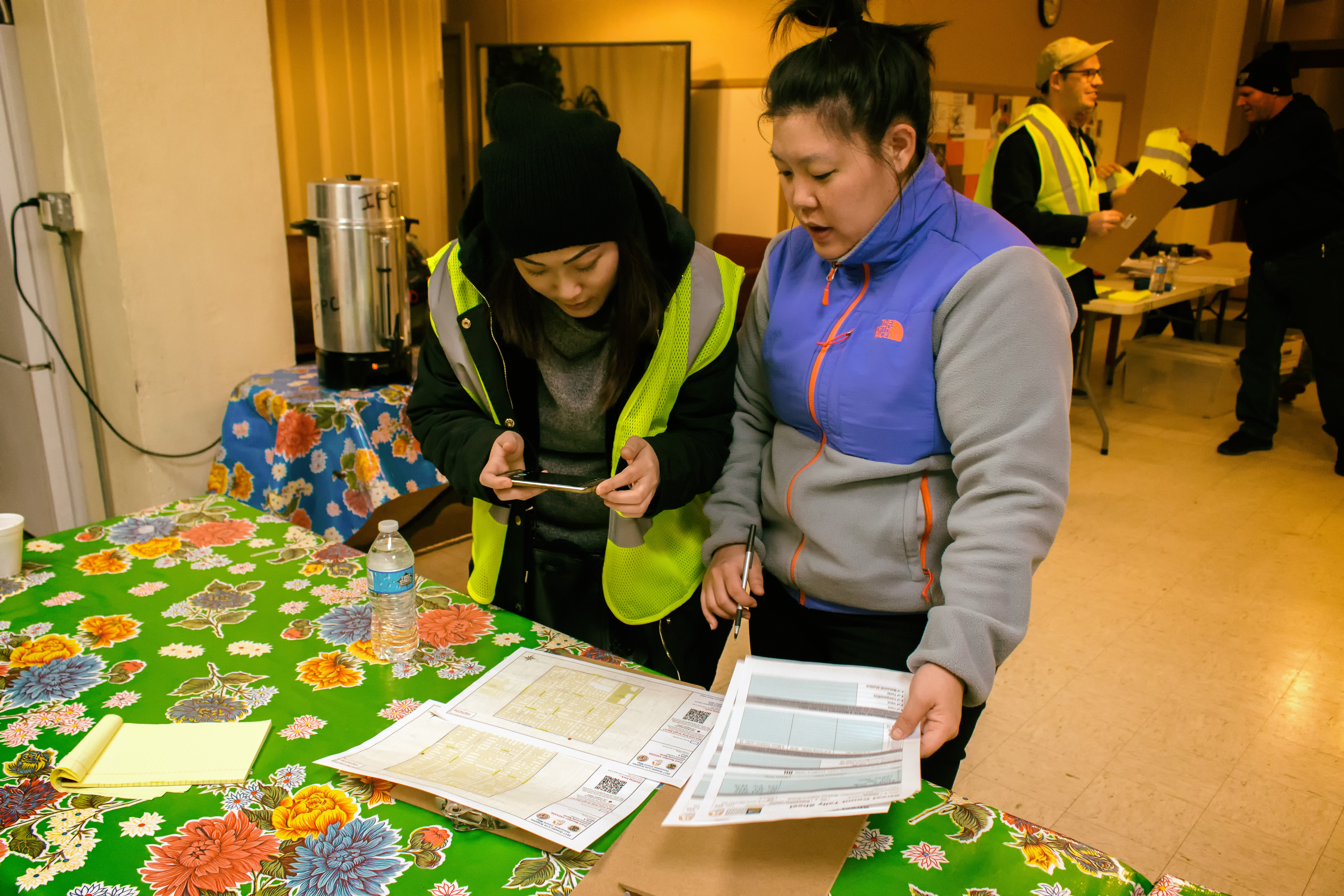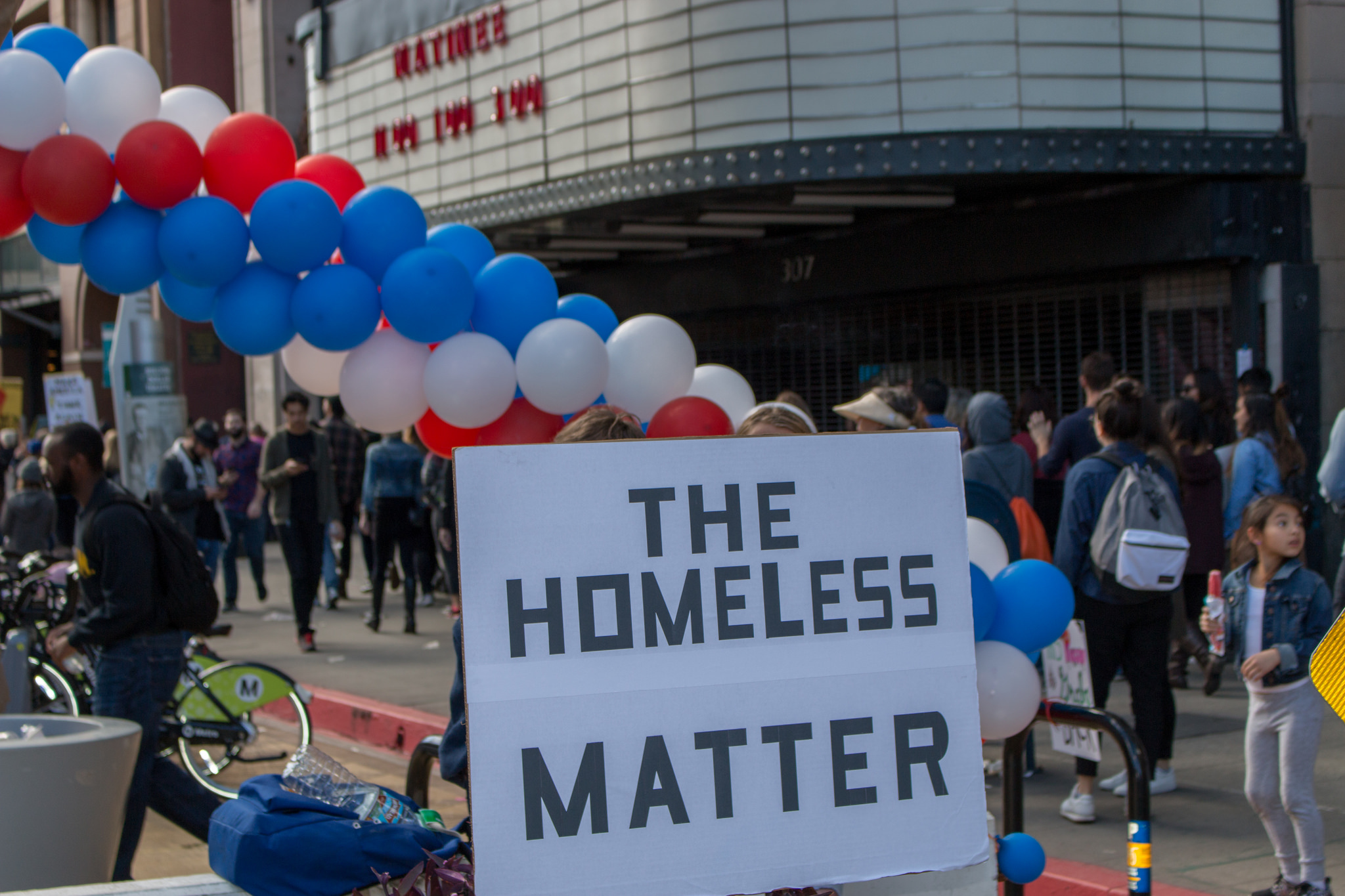Why Some Cities Are Making Extreme Poverty a Crime

By:
Los Angeles has declared a state of emergency, not due to a natural disaster but a problem of society's making: homelessness.
Extreme poverty, often paired with untreated mental illness, has reached news extremes in the city, with the Los Angeles Homeless Services Authority last year counting 47,000 people in the county without homes, a 5.7 percent increase from the year before.
This year, volunteers who came out to count their poorest neighbors told ATTN: they think the problem has gotten even worse — and that it won't get any better under President Donald Trump, who has pledged to slash spending on everything but the military.

“It doesn’t seem like he’s the best ally right now for a lot of people,” Eleanor Wada told ATTN: as she headed out to count the poor of East Hollywood. “I don’t know know what the larger implications of his election and his presidency will be on the homeless population,” she said, but there’s one people on the streets have picked up on so far: “fear.”
"I feel like a lot of people are numb to it," Jina Han, another volunteer, told ATTN:. "I feel like we live in a world where no one cares about anyone else. Why would you help strangers?”
Han and Wada were two of the more more than 7,800 volunteers who came out this January to help count the number of people living in trucks, under bridges, and on the streets of Los Angeles County, where local officials say the problem of homelessness merits a state of emergency.
“This is one of the pieces that gives us the information we need to make programmatic decisions and better address homelessness,” Los Angeles Homeless Services Authority spokesperson Carolyn Pruitt told ATTN:.
Counting the homeless allows local governments to make the case for federal funding. On its way out, the Obama administration approved $105 million in grants from the Department of Housing and Urban Development to tackle homelessness in Los Angeles County. It’s not clear the new administration will be as generous, with President Trump promising big cuts to non-military spending.
A HUD spokesperson declined to comment on how the new administration will seek to tackle the problem of homelessness, noting that Trump’s nominee to lead the department, Ben Carson, has yet to be confirmed.
Los Angeles is already preparing to pick up a greater share of the financial burden.

On the same night Trump won the presidency, 76 percent of Angelenos voted to authorize $1.2 billion in spending to build 10,000 units of housing for the homeless. In March, voters will be asked to approve a quarter-cent hike in the county’s sales tax to fund services for its poorest inhabitants.
But it's not all carrots.
Despite courts throwing out previous bans, this month the city of Los Angeles started enforcing another prohibition against people sleeping in their cars, responding to concerns of property and business owners upset that a national problem — LA’s weather attracts the indigent from across the country — manifests itself in people setting up their lives in front of their buildings.
Four out of 10 U.S. cities now prohibit living in a car, according to a 2016 report from the National Law Center on Homelessness & Poverty, a 143 percent increase in such laws over the previous decade. Maria Foscarinis, the group’s executive director, said it’s part of a larger trend: “the criminalization of homelessness," including laws banning not just sleeping in cars, but sleeping in tents or asking for money (“panhandling”) or even being fed in a public park.
 /Charles Davis
/Charles Davis
This trend toward criminalization isn't new, but it was challenged by the Obama administration, which used federal dollars to discourage cities from adopting evermore tough-on-poor laws; few see those cities being subjected to the same discouragement by a president who ran a throwback campaign stressing “law and order.”
“I think that what the federal government says and the messages it sends are really critical,” Foscarinis said. “A message that favors law enforcement and police to respond to social problems is a terrible message that has pretty direct implications for people living on the streets.
